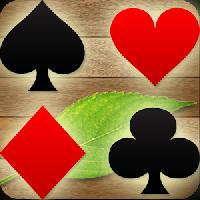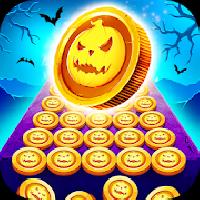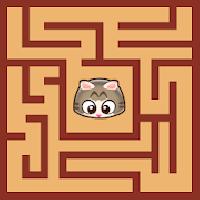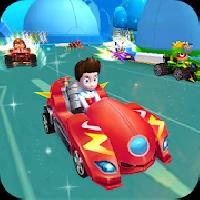|
Tips, Tricks, and Strategies for Kids Memory Game:
- Start with a smaller grid: If your child is new to the game, begin with a smaller grid size, such as 4x4 or 6x6. This will help them develop their memory skills gradually.
- Focus on one type of card: To make it easier for younger children, consider using cards with a single image repeated across the board instead of pairs. This reduces the complexity and makes it simpler to remember the positions.
- Take turns: If playing with multiple children, encourage them to take turns flipping over two cards at a time. This ensures everyone gets a chance to participate and builds patience and concentration skills.
- Use visual associations: Help your child create visual associations between the cards to enhance memory recall. For example, they can imagine the cards as items in a story or connect them with familiar objects or characters.
- Practice actively: Engage your child in regular memory exercises and games beyond the memory game itself. Encourage activities like recalling past events, memorizing shopping lists, or playing other memory-based games.
- Play with themed cards: To make the game more interesting, use cards with themes your child enjoys, such as animals, fruits, or cartoon characters. This increases engagement and motivation to remember the card positions.
- Gradually increase difficulty: As your child becomes more skilled, gradually increase the grid size and introduce more pairs of cards. This challenges their memory capacity and helps them progress over time.
- Take breaks: If your child is getting frustrated or tired, it's essential to take breaks. Memory games should be enjoyable and not cause stress. Encourage them to rest, relax, and return to the game when they feel refreshed.
- Praise effort and progress: Celebrate your child's achievements and progress, regardless of the outcome. Encourage their efforts and highlight improvements, fostering a positive attitude towards memory games and learning.
|






















